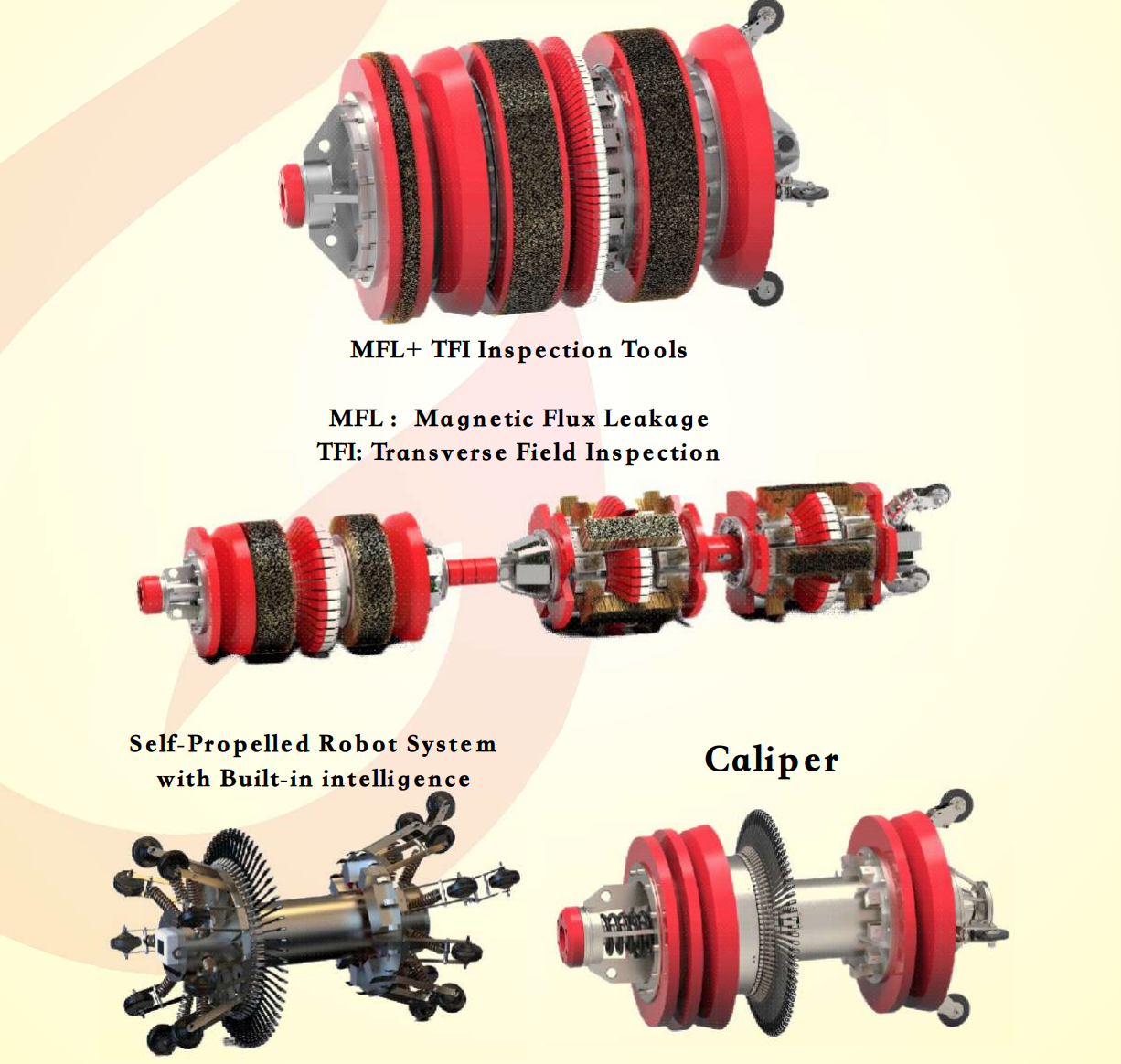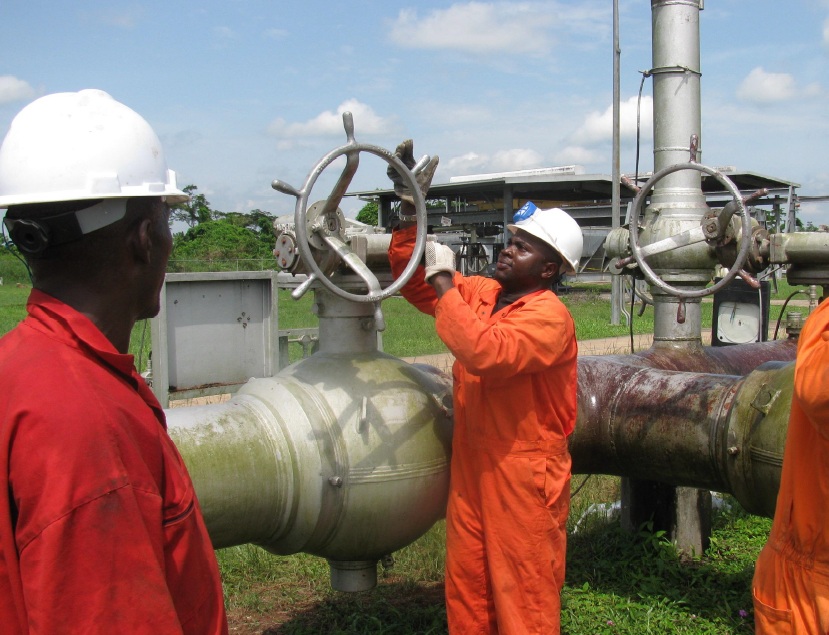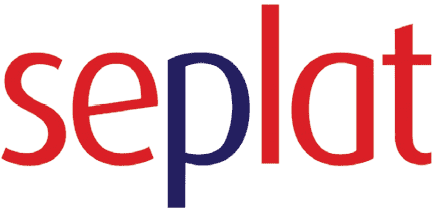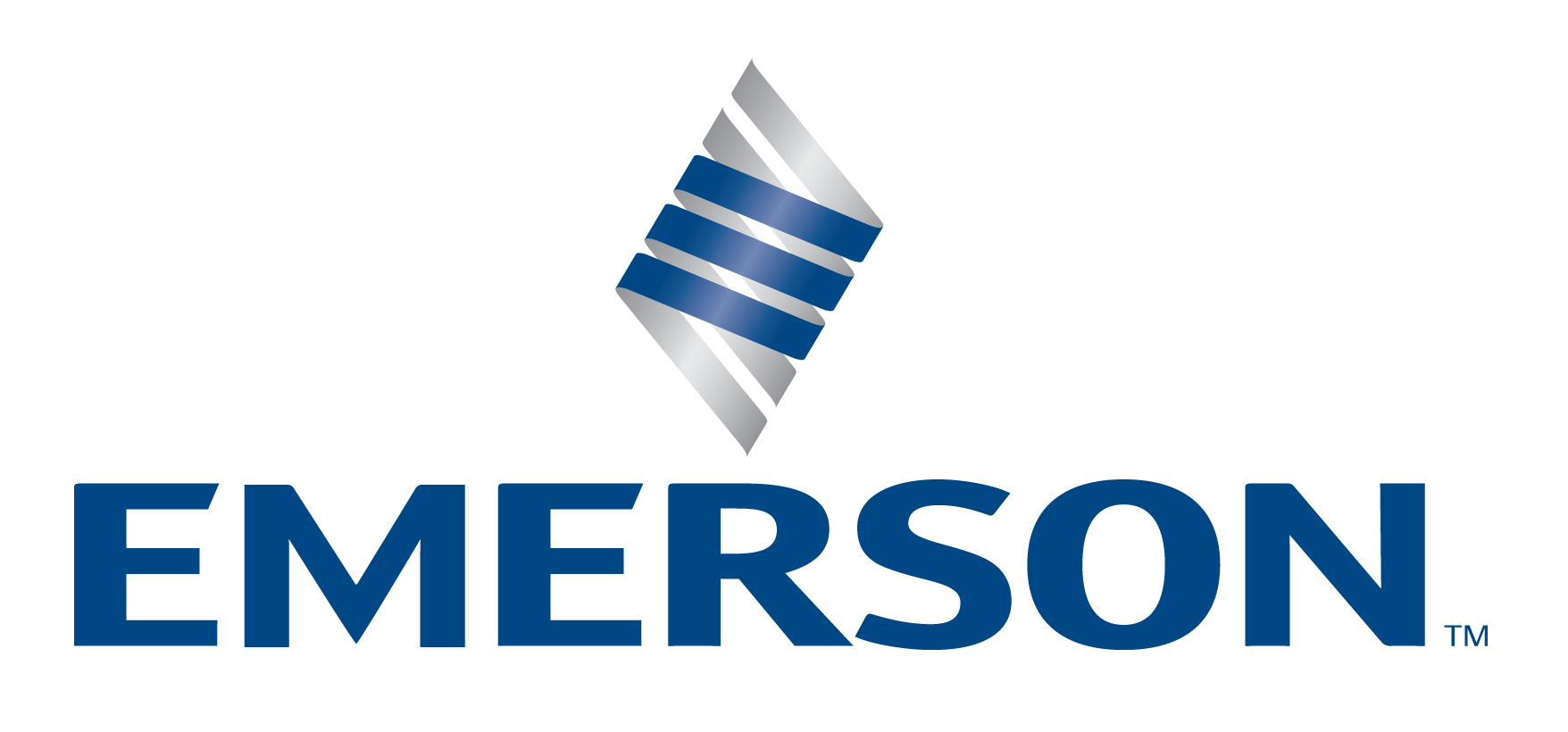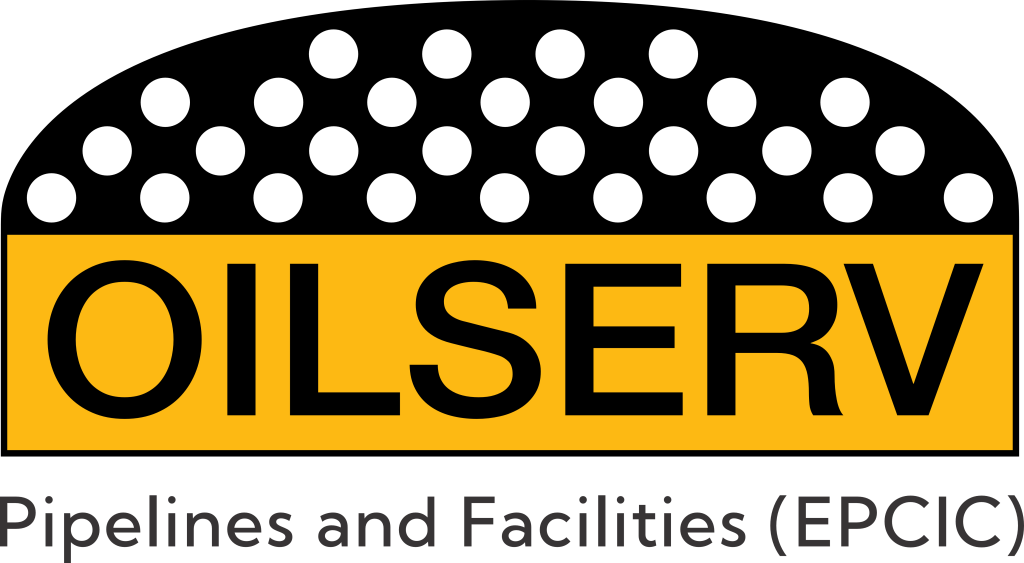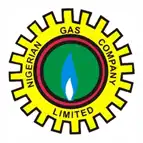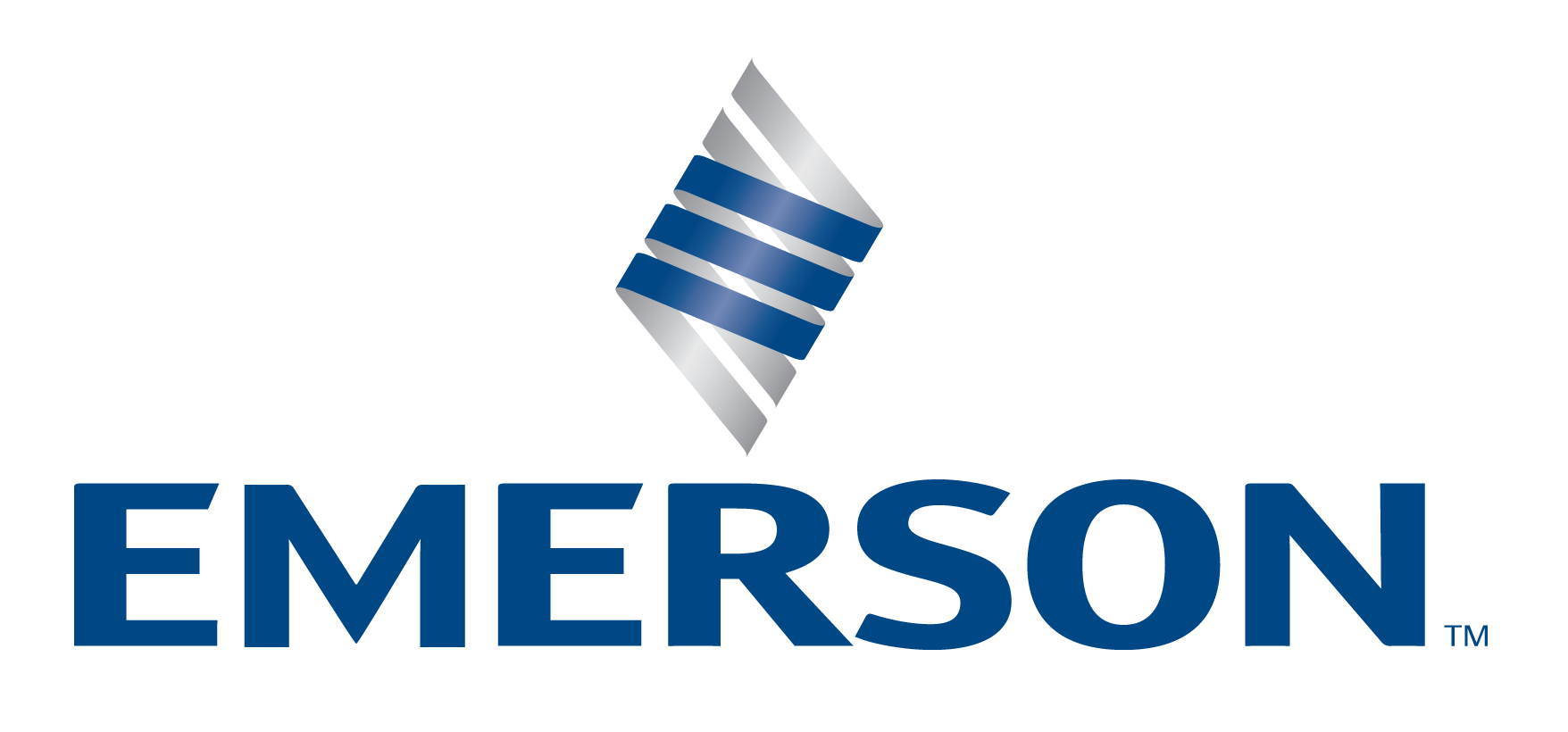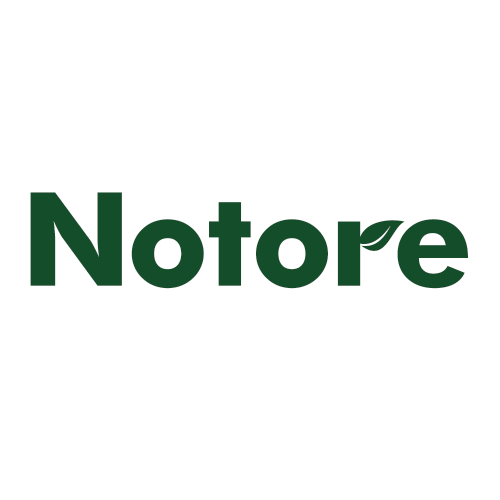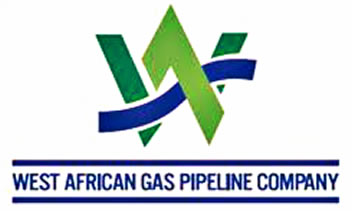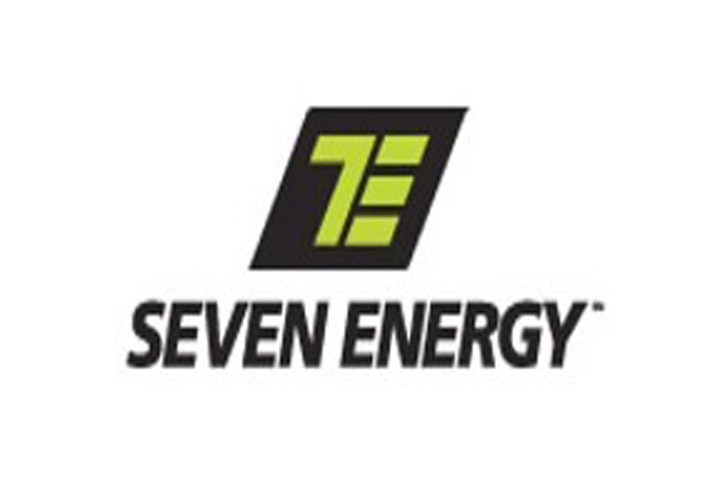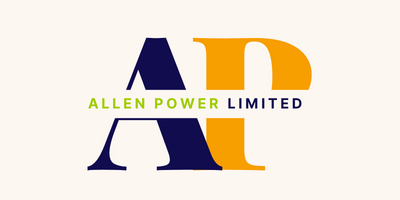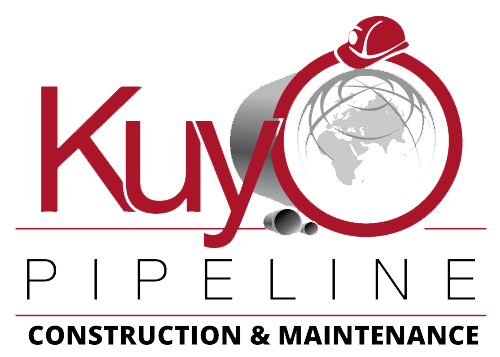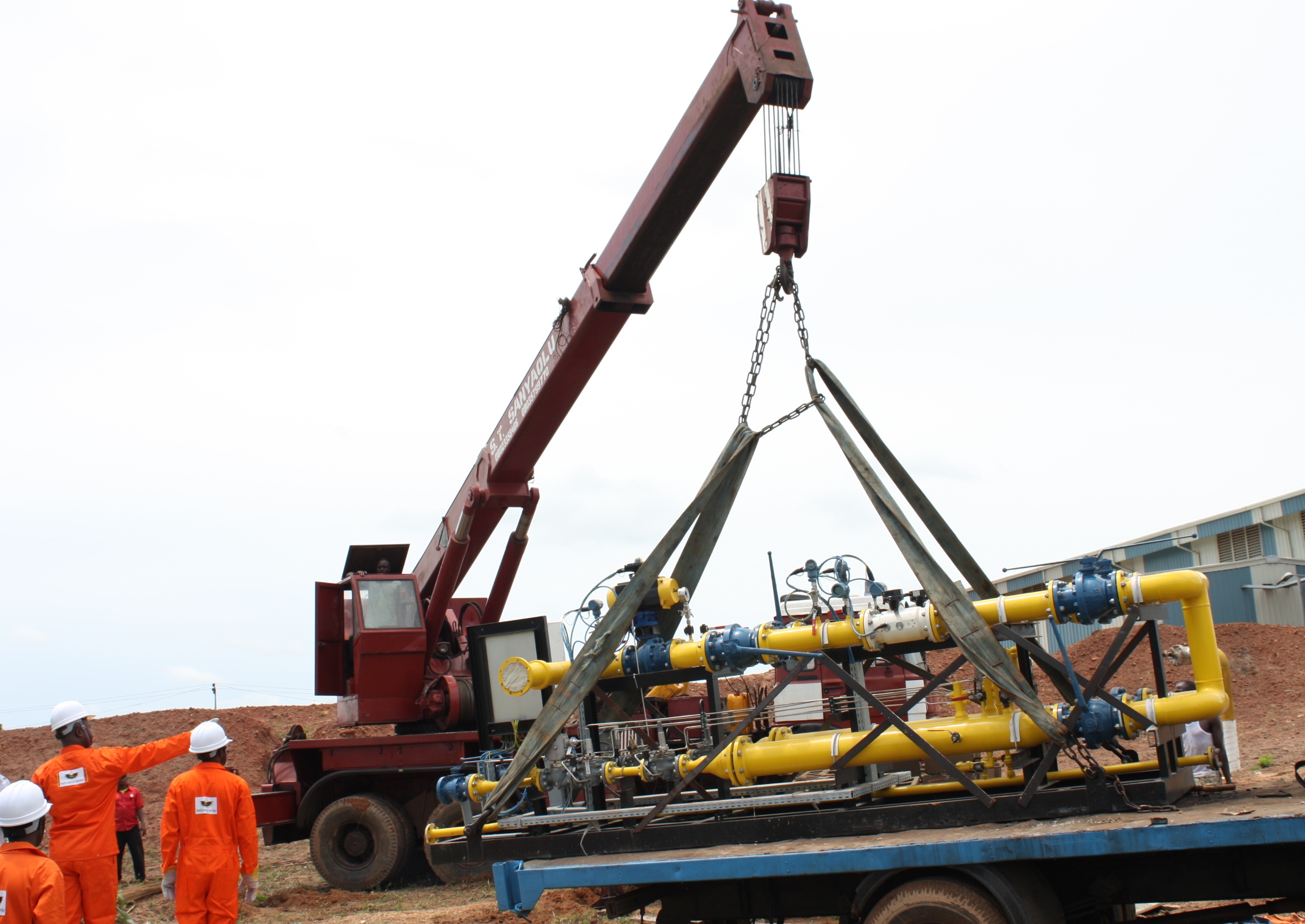
Pipeline Integrity Management in Nigeria: Ensuring Safe Oil and Gas Operations
Pipeline Integrity Management in Nigeria, the heart of this infrastructure lies an extensive network of pipelines that transport crude oil, natural gas, and refined petroleum products across vast distances. However, the integrity of these pipelines has been consistently threatened by aging infrastructure, vandalism, sabotage, corrosion, and operational mishandling. This reality underscores the importance of a robust Pipeline Integrity Management (PIM) system in Nigeria to ensure the safety, efficiency, and sustainability of oil and gas operations.
Understanding Pipeline Integrity Management in Nigeria
Pipeline Integrity Management in Nigeria encompasses a structured approach to maintaining pipeline systems to ensure they function safely and reliably throughout their lifecycle. PIM involves continuous monitoring, inspection, maintenance, risk assessment, and mitigation activities aimed at preventing failures. In Nigeria, where the oil and gas sector contributes significantly to the GDP and government revenues, maintaining the integrity of pipelines is not just a technical requirement but a national imperative.
The Role of Pipeline Integrity Management in Nigerian Oil and Gas Operations
Pipeline integrity management in Nigeria plays a pivotal role in preventing catastrophic failures that can lead to environmental disasters, loss of life, and economic setbacks. With pipelines crossing rivers, forests, and densely populated areas, their failure can have widespread repercussions. PIM programs help detect potential issues early, allowing for timely intervention before minor problems escalate into major incidents. Additionally, a well-implemented PIM strategy improves operational efficiency, reduces downtime, and enhances the safety of workers and communities.
Pipeline Integrity Management Challenges in Nigeria’s Oil and Gas Sector
Despite its importance, pipeline integrity management in Nigeria faces several challenges:
- Vandalism and Oil Theft: One of the most pressing issues is the illegal tapping of pipelines, often resulting in ruptures, explosions, and massive oil spills.
- Corrosion: Many pipelines in Nigeria are aging and were installed without adequate anti-corrosion measures, making them prone to internal and external corrosion.
- Inadequate Maintenance: Budget constraints and lack of technical expertise can lead to postponed or insufficient maintenance.
- Limited Use of Technology: There is still a heavy reliance on manual monitoring and outdated technologies, reducing the effectiveness of PIM strategies.
- Regulatory and Enforcement Gaps: Although Nigeria has regulations in place, enforcement remains weak, allowing operators to overlook safety standards.
Technological Advancements in Pipeline Integrity Management in Nigeria
To address these challenges, Nigerian oil and gas companies are gradually adopting advanced technologies to enhance pipeline integrity management. Key innovations include:
- Smart Pigging: Using intelligent inspection tools (pigs) to detect corrosion, cracks, and other anomalies within pipelines.
- Real-Time Monitoring Systems: Sensors and SCADA systems that provide continuous data on pipeline pressure, flow rates, and potential leak points.
- Drone Surveillance: UAVs are used to monitor remote and inaccessible pipeline areas, reducing inspection time and improving response times.
- Corrosion Monitoring Systems: Implementing cathodic protection and corrosion inhibitors to extend pipeline lifespan.
Regulatory Framework Supporting Pipeline Integrity Management in Nigeria
The Nigerian government, through the Department of Petroleum Resources (DPR) and the Nigerian Upstream Petroleum Regulatory Commission (NUPRC), has established guidelines and standards for pipeline safety and integrity. These include:
- Pipeline Safety Regulations: Mandating regular inspection, reporting, and integrity testing.
- National Oil Spill Detection and Response Agency (NOSDRA): Enforcing environmental standards related to pipeline operations.
- Petroleum Industry Act (PIA) 2021: Encouraging transparency, accountability, and investment in infrastructure safety.
While these frameworks exist, improved enforcement, stakeholder collaboration, and capacity building are necessary to ensure their effectiveness.
Best Practices for Effective Pipeline Integrity Management in Nigeria
For Nigeria to fully benefit from pipeline integrity management, the following best practices must be embraced:
- Risk-Based Inspection (RBI): Prioritizing inspection resources based on the probability and consequences of failure.
- Integrated Data Management: Consolidating data from various sources to provide a comprehensive view of pipeline health.
- Community Engagement: Involving local communities in surveillance and reporting to mitigate vandalism and sabotage.
- Training and Capacity Building: Equipping personnel with the skills and knowledge necessary for modern PIM.
- Collaboration with International Experts: Leveraging global best practices and technologies.
The Economic and Environmental Impact of Effective Pipeline Integrity Management in Nigeria
The benefits of robust pipeline integrity management in Nigeria extend beyond operational safety. Economically, it reduces the cost of repairs, loss of product, and environmental remediation. It also enhances investor confidence in the Nigerian oil and gas sector. Environmentally, fewer leaks and spills mean less damage to farmlands, water bodies, and ecosystems, which are often affected by pipeline failures.
Conclusion
Pipeline integrity management in Nigeria is critical to ensuring safe, efficient, and sustainable oil and gas operations. Given the country’s heavy reliance on its hydrocarbon industry, the need to secure and maintain its pipeline infrastructure cannot be overstated. By adopting advanced technologies, enforcing regulatory standards, and engaging local communities, Nigeria can significantly improve pipeline safety and reliability. In doing so, the nation not only safeguards its environment and citizens but also strengthens its position as a key player in the global energy market.
Learn About us and alos our Engineering Procurement and Construction in Nigeria and Nigerian Upstream Petroleum Regulatory Commission (NUPRC)

